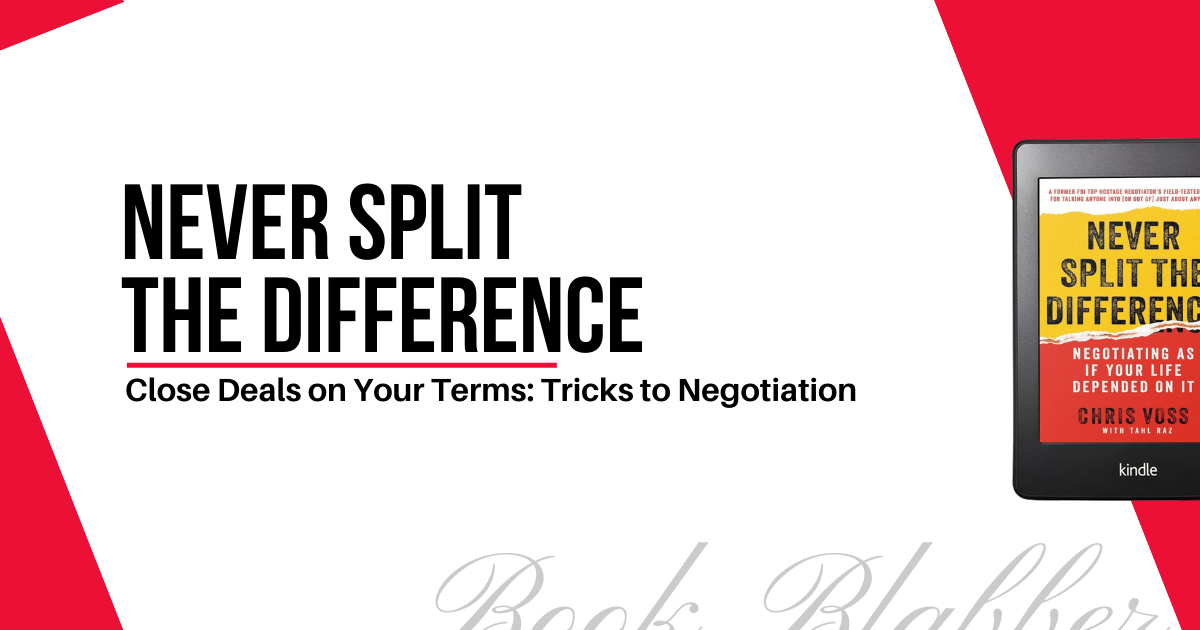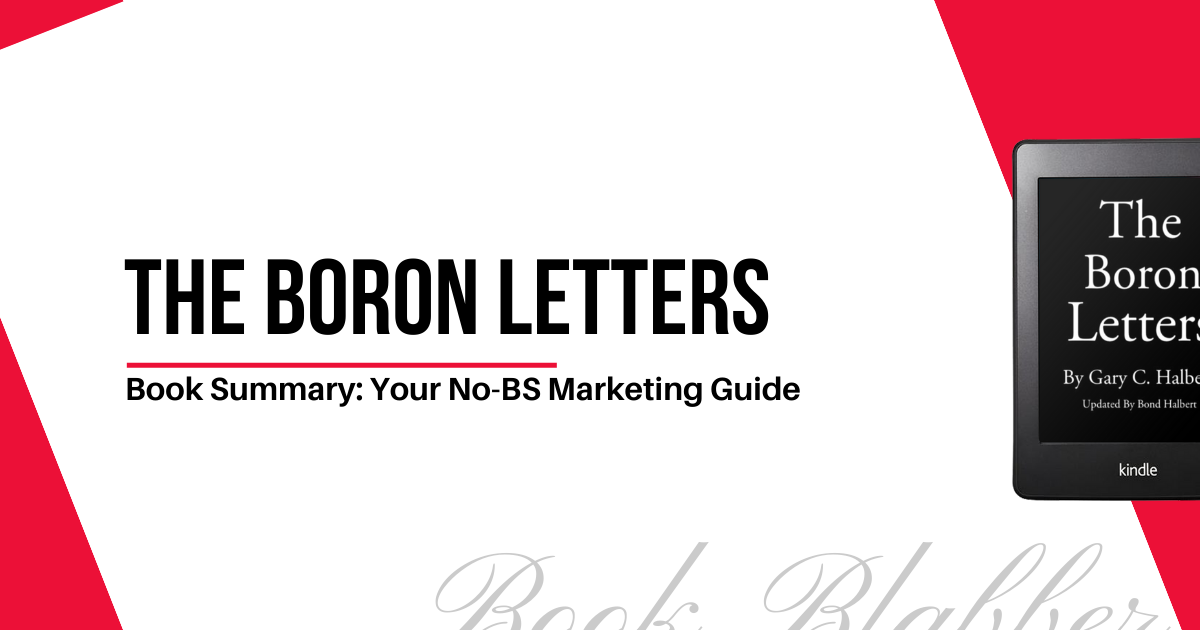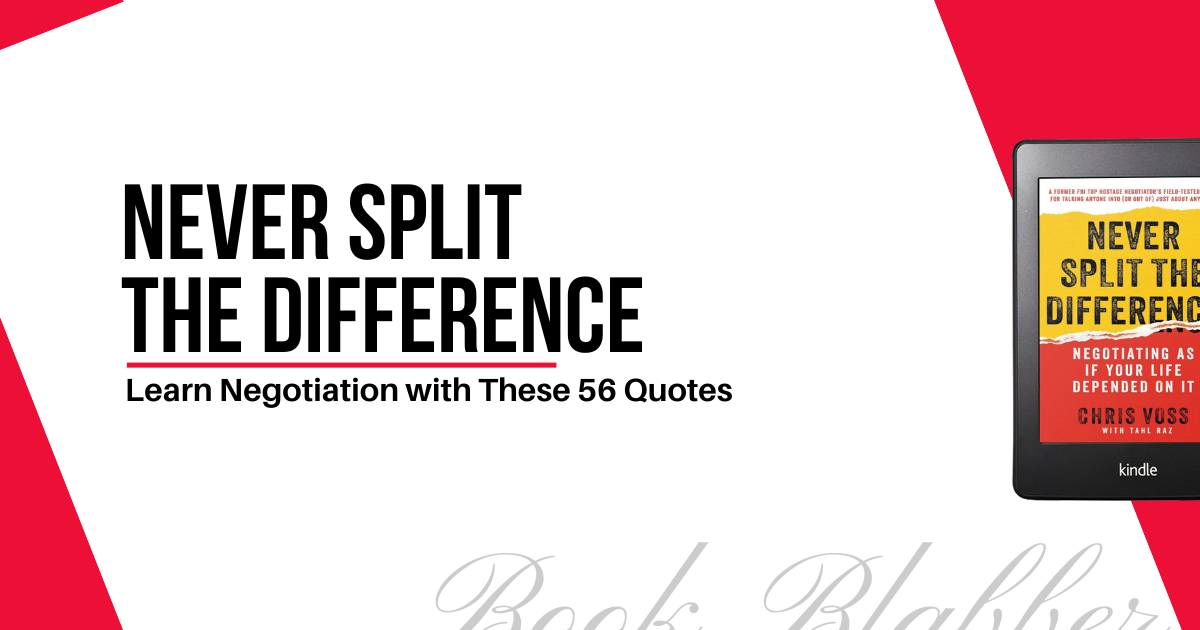Close Deals on Your Terms: Tricks to Negotiation

I started reading Never Split the Difference out of curiosity. And why not? A book by a former FBI hostage negotiator must have thrilling stories. It did have some. But it also had tricks to hard negotiate. Yes, to help you negotiate as if your life depended on it.
It’s a good book for consultants, freelancers and professionals in marketing and sales to close more deals on their terms. The negotiation tricks could also be effective in other situations, not just closing deals. In this hostage negotiation book. Chris Voss narrates the techniques he used in real life with bank robbers, gang leaders and terrorists.
Check Never Split the Difference on Goodreads
Here, are the key lessons from the book and best Never Split the Difference quotes.
Table of Contents
Become the Smartest Person
Negotiating doesn’t mean browbeating or grinding someone down. It simply means playing the emotional game that human society is set up for. Everyone wants to be understood and accepted.

Ask open-ended questions: queries that the other side can respond to but that have no fixed answers.
It buys you time while the other party scrambles for the answer. It also gives them the illusion of control. They’re the ones with the answers and power, after all.
Getting what you want is all about getting what you want from – and with – other people. You get what you ask for; you just have to ask correctly.
Interested in only the best lessons and phrases from the book?
Check these quotes from Never Split the Difference
Quickly Establish Rapport
The language of negotiation is primarily a language of conversation and rapport. Your goal is to extract and uncover as much information as possible. You should engage the process with a mindset of discovery.

Instead of prioritising your argument, or doing any thinking at all, keep your sole focus on the other person and what they have to say.
You want to know what they actually need (monetarily, emotionally, or otherwise). So, talk and talk and talk some more about what they want. You’ll make them feel safe. The passage of time is one of the most important tools for a negotiator.
Also, your most powerful tool in any verbal communication is your voice. A soothing voice is key to easing the confrontation. Tune it.
Create Trust with Tactical Empathy
Whether negotiating a business deal or simply chatting at the supermarket butcher counter, creating an empathetic relationship is the basis of healthy human interaction.

Empathy is paying attention to another human being. It’s about asking what they’re feeling and committing to understanding a situation from their perspective.
One step beyond that is tactical empathy.
Tactical empathy is understanding the feelings and mindset of another person and hearing what’s behind those feelings. With this, you get the opportunity to increase your influence in all the moments that follow.
Good negotiators identify and influence emotions instead of denying or ignoring them. They precisely label emotions, those of others and especially their own. And once they label the emotions, they talk about them without getting wound up.
Generate Momentum and Reveal the Real Stakes
Good negotiators know that their job isn’t to put on a great performance. Their job is to gently guide their counterpart to discover their (negotiators’) goal as their own.

Instead of getting inside with logic or feigned smiles, what you do is to ask for “No.” It’s the word that gives the speaker feelings of safety and control.
For good negotiators, “No” is pure gold. That negative provides an excellent opportunity for you and the other party to clarify what you really want by eliminating what you don’t want.
“Yes” and “Maybe” are often worthless. But “No” always alters the conversation.
Gain the Permission to Persuade
In the high-stakes world of negotiation, active listening is the key to success. Some tactics in the active listening arsenal are:
- Effective pauses: Silence is powerful.
- Minimal encouragers: Use simple phrases, such as “Yes,” “OK,” and “Uh-huh,” to effectively convey that you’re paying full attention to what they have to say.
- Mirror: Rather than arguing, listen and repeat back what they say.
- Label: Give their feelings a name and identify with how they feel.
- Paraphrase: Repeat what they say in your own words. It would powerfully show that you understand and aren’t merely parroting the concerns.
- Summarise: Rearticulate the meaning of what is said and acknowledge the emotions underlying that meaning.
Use a summary to trigger a “That’s right.”
“That’s right” is better than a “Yes.” Strive for it. The moment you’ve convinced someone that you understand their feelings, mental and behavioural change becomes possible.
Shape What is Fair
Negotiation is never a linear formula. It’s about what we ultimately want to give them, not what they initially think they deserve. There are always ways to bend reality.
But it’s also essential to avoid compromise.
Most don’t know that we compromise not because it’s right. We compromise to be safe. At best, it satisfies neither side.

You’ve got to embrace the hard stuff. What’s important is engaging in the process. Give them deadlines.
You have to persuade people that they have something concrete to lose if the deal falls through. People take more risks to avoid a loss than to realise a gain.

Transform Conflict into Collaboration
Successful negotiation gives people the illusion of control while you direct the conversation. The idea is to introduce ideas and requests without sounding pushy.
And the key is to calibrate your questions. Ask questions that start with “How” or “What.”
With well-designed calibrated questions, you ask for their help to overcome your challenges. It triggers goodwill and makes them less defensive.
Even something as harsh as “Why did you do it?” can be calibrated to “What caused you to do it?” It takes away the emotion and makes the question less accusatory.
Ensure Follow Through from Everyone
When you’re negotiating, there’s always a team on the other side. If you’re not influencing those behind the table, you’re vulnerable.
Your job isn’t just to get to an agreement. It’s getting to one that can be implemented and ensuring that happens. Be aware of “behind the table” or “Level II” players.

At the end of the day, the deal killers often are more important than the deal makers. So, spot the subtleties of communication – both verbal and nonverbal.
If you’re hearing a lot of “I,” “me,” and “my,” the real power to decide probably lies elsewhere. Picking up a lot of “we,” “they,” and “them” makes it more likely you’re dealing directly with a savvy decision maker keeping his options open.
Reveal the Unknown Unknowns
Conventional questioning and research techniques are designed to confirm known knowns. They don’t dig into the unknown. And those unknown unknowns can kill your deal.
Black Swans are those events or pieces of knowledge that sit outside our regular expectations and therefore cannot be predicted. These are the unknown unknowns.
So, don’t look just to verify what you expect. Instead, you must open yourself up to the factual reality that’s in front of you.
Your counterpart might not even know how vital a piece of information is or even that they shouldn’t reveal it. So, keep pushing, probing, and gathering information.

Get Your Price
Negotiation is more than just offers, counteroffers, and closing moves. You must see the psychological currents. Treat people the way they need to be treated, not the way you want.
To be good, you have to learn to be yourself at the bargaining table. To be great, you have to add to your strengths. Some people are Accommodators; others are Assertive; the rest are data-loving Analysts.

Once you’re clear on your target price, be willing to walk away. Never be needy for a deal.
OK, those were all the lessons from Never Split the Difference. If you want to get a hang of negotiation, it’s a good book to pick up.
Liked it?
Join Book Blabbers WhatsApp group to bond over books, memes and quotes.
Subscribe to Book Blabber’s Bulletin to get book summaries, reading tips and occasional hugs in your inbox.





Comments